Review for Tales Out of School: Four Films by David Leland
This set heralds from a different time. Whilst many of the issues raised throughout this quartet of TV plays remain relevant to this day, the approach to programme making of this sort has, sadly, long gone. The early eighties (these herald from 1982) was a time of high youth unemployment as well as a time of significant change. The very fabric of our post-war society (and the economic boom that followed) was dismantling. Class barriers were eroding certainly, but was quickly being replaced (with Thatcher's encouragement) with 'dog eat dog' capitalist attitudes and behaviours.
Bravely commissioned by Margaret Matheson for Central Television (who, if the Leland interview in the extra features is to be believed) gave him creative carte blanche to make the programmes as he saw fit.
David Leland (both a successful writer and actor) decided to create the quartet around the failings of public services and education in caring and nurturing Britain's young. Whilst airing for a full 90 minutes a piece (with 10-15 minutes sliced out for adverts), the four plays may thematically connect though there is no literal commonality amongst any. They can be watched in any order and sit entirely on their own, though when you view all four as a set common themes and questions seem to emerge.
MADE IN BRITAIN
'Made in Britain' is perhaps the most well-remembered of the four plays. It has certainly stuck in my mind for the 30 years since it originally aired. The good news is that it has not lost any of its potency today. In common with RHINO, it's about a now institutionalized youth who no longer respects authority and who kicks against the system regardless of personal consequences.
Tim Roth is frighteningly convincing in the role. It's as if he became the character in order to portray him. It's a veritable acting masterclass as so much of the attitude and hatred of this borstal boy skin-head is achieved with subtle eye movement or body language.
But Leland has delivered a pat moral tale. Whilst Roth's character makes the wrong choice at every turn (he throws a brick through the job centre window, urinates on his personal files, and steadfastly refuses to acknowledge any authority), we somehow begin to understand his own frustrations with the system too. It's not happy viewing, but it's immensely powerful. Nicely paced, and skillfully directed by Alan Clarke (in true cinema verite style with Steadicam), I would heartily recommend re-watching this. I simply cannot remember a more powerful piece of television drama.
RHINO
In 'RHINO', Deltha McLeod plays a very passive, over-weight black girl who plays truant in order to care for her unmarried mum's brother's toddler. Her mum has recently died, her father is useless and the only thing she seems good at is caring for the child. In the meantime, the head teacher is convinced that the black teenagers in the school are trouble-makers. The school welfare officer is a worn out cynic who is unhelpful and only her social worker seems to have an ounce of sympathy for her difficult situation.
The result is that she is often dealt with in an uncaring manner as she is 'processed' through the system that, in theory, should be there to help.
Some of the many issues in the play are still being reflected today (with far less potency in my view) in programmes like 'Waterloo Road'. It seems that not much has changed!
BIRTH OF A NATION
If I had to rank the plays in order of personal preference then 'BOAN' would come a very close second to 'Made in Britain'. Jim Broadbent plays the part of a progressive teacher in a failing comprehensive who cannot abide the rigidity of the system. He is particularly upset by the futile use of corporal punishment, though Leland shows him to be less than perfect during an occasion when he witnesses a case of heartless bullying when he seems to condone the punishment initially, before realising that it has done little to change the root cause, and he elects to leak the story to a local paper.
In other acts of sheer rebellion, he decides to use his RE session to inform the kids about sex, despite such education being forbidden at the time.
Cleverly directed by Mike Newell, it again follows a thought-provoking rather than prescriptive path.
Whilst it's an incredibly powerful play for the most part, it remains slightly flawed in my view, with the riot scene by ex-pupils who have found themselves unemployed seeming to take this otherwise subtle play into somewhat clichéd territory.
FLYING INTO THE WIND
This is not only the worst looking film of the bunch (the transfer just looks lack-lustre and grainy) it is perhaps the least impressive too. Whilst it reflects the very story that inspired the entire quartet, of a mother so determined to take care of her children's education herself that the case went to court, it just doesn't pack the huge dramatic punch of the other three. It is, nonetheless, a decent and thought provoking piece of drama.
It's a gentle enough piece - almost becoming fable like in its core coincidences and moral lessons - where the judge presiding the case happens upon the boy (who is illiterate) on a local canal and discovers that he possesses great calm and knowledge in a crisis, far more useful than his own academic abilities in a court.
Perhaps, for me, it is the coincidental clumsiness of the 'lesson' that doesn't fit with the restrained subtlety of the others. We have no doubt when viewing this where Leland's own views lie.
EXTRA FEATURES
The additional (and contemporary interviews and 'features') are well worth watching, bringing these now relatively ancient bits of TV to the present.
In Twice-Told Tales: the writer and producer join a group of high school pupils and look back at Tales Out of School 30 years on. It's notable that whilst the children seem to agree that there is much that is still relevant in the plays to their own lives, it's more fun to hear how much has changed since that time. Several of the teens are incredulous that corporal punishment was legal so recently as this. (This reviewer can confirm from personal experience how painful that rod could be!). Leland hosts the session as well as being fairly extensively interviewed himself.
Digging for Britain shows interviews from the cast and crew of 'Made in Britain' and suggests that they knew it was something pretty special at the time.
Also included is an image gallery, only really notable because it includes some stills from the original deletade ending of 'Made in Britain'.
Sadly the DVD review discs I was sent didn't include the commemorative booklet (by Dave Rolinson) which, if archive TV Forums are to be believed, is really something special.
DVD vs BLU-Ray
On a final note, this review was based on the DVD version of the set. I found it to be very adequate. After all, these were filmed for the most part on grainy 16mm for television. However, it has been noted by others that there is a noticeable up-scaling of quality on the Blu-Rays so if the price differential is not that great, it's probably the better option.
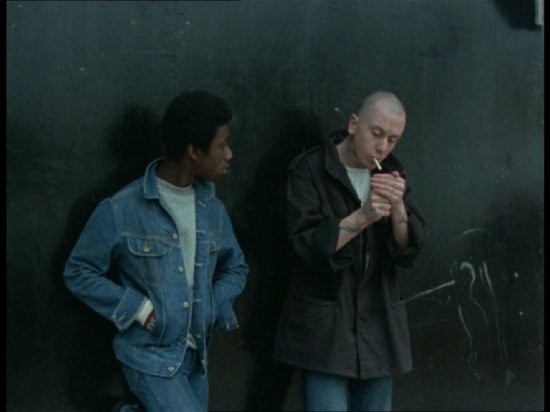
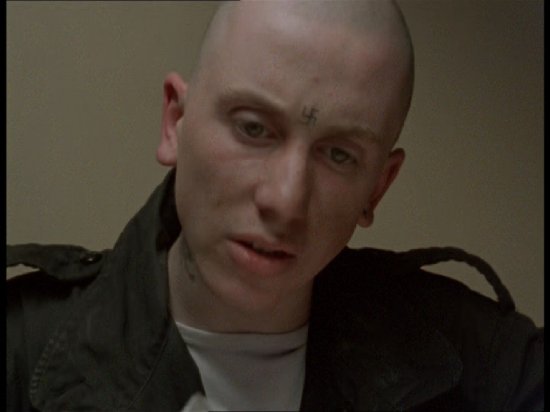
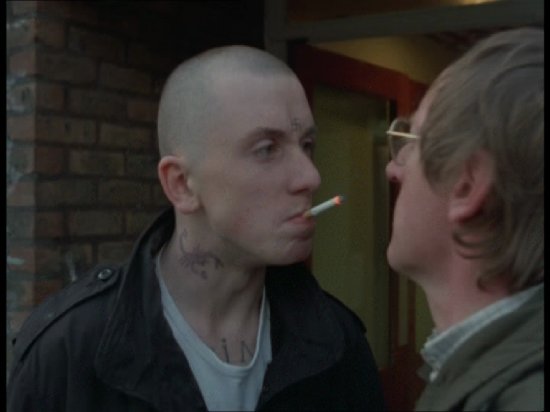
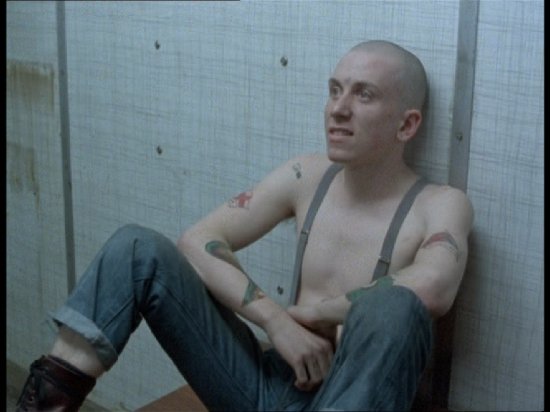
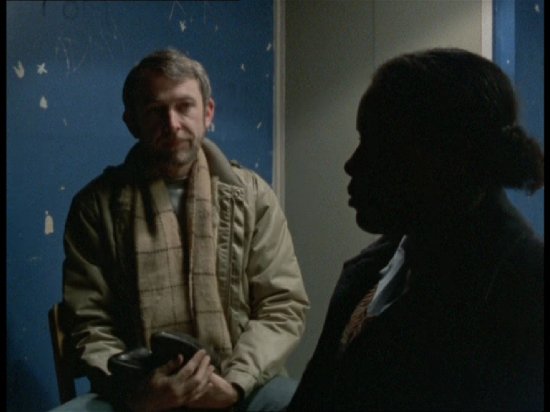
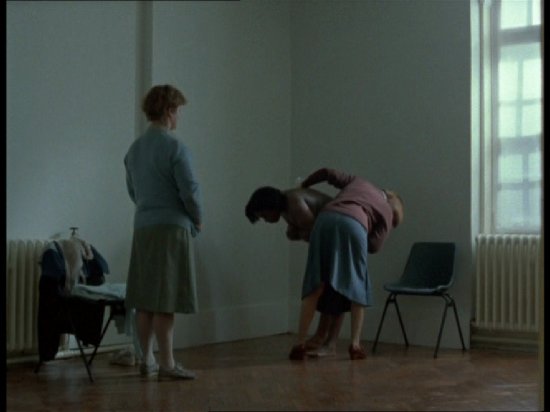
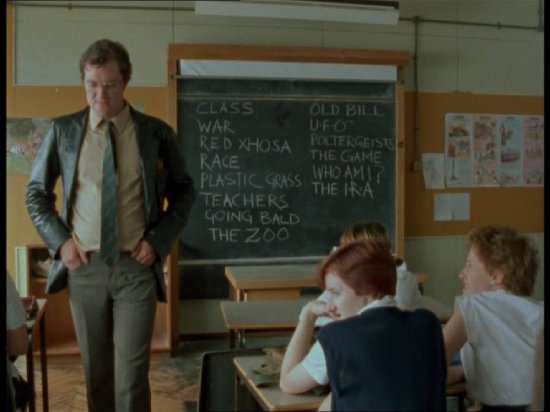
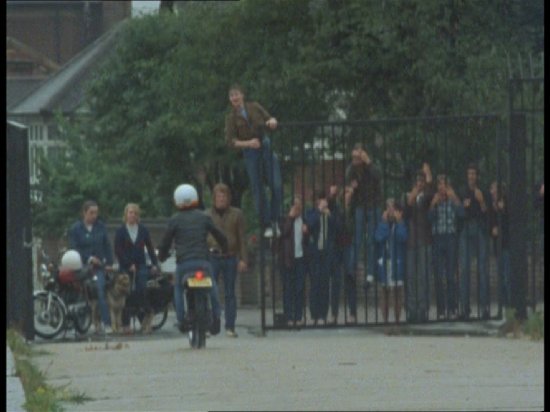
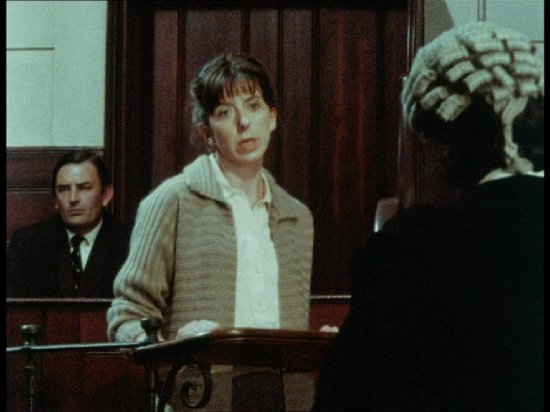
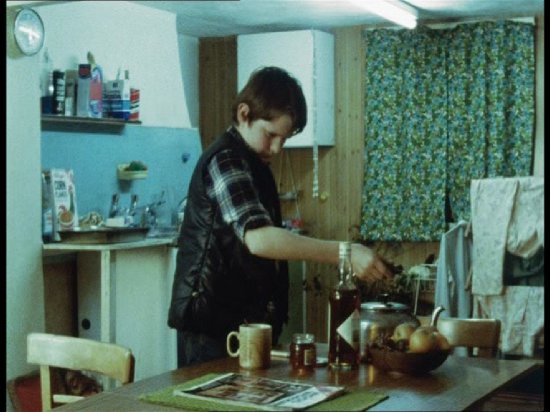
Your Opinions and Comments
Be the first to post a comment!